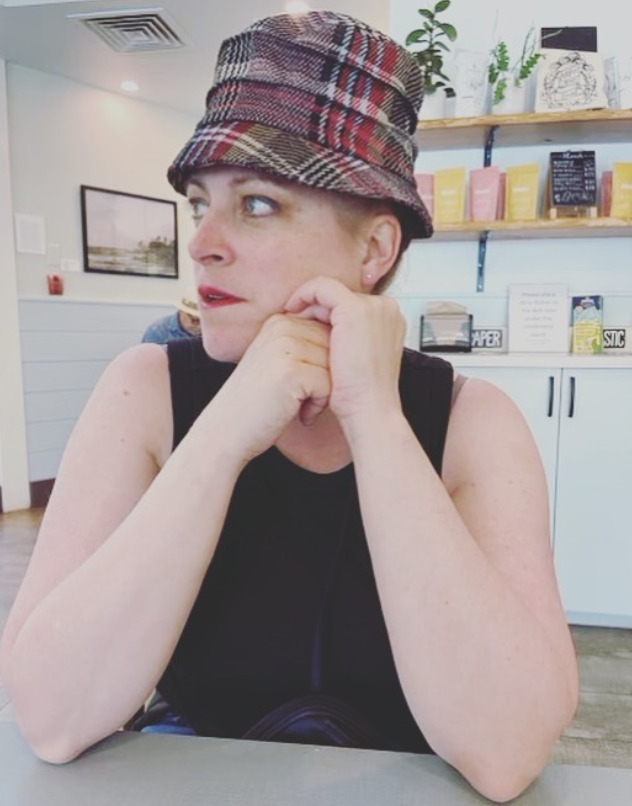The Sweet Valley High Vocabulary Attainment Strategy!

What? A Sweet Valley High Vocabulary Attainment Reading Strategy!
WOW!
Right! That’s what I thought!
So, I was researching various things when I came across a research article from 1994!
At that time, which is actually still a concern now is how can you get English Language Learners to read more and acquire more vocabulary.
In particular, the subjects were adult ELLs but let’s extrapolate across all ages of ELLs and non ELLs, shall we?
We shall!
The researchers were particulary testing the effects of free reading, which we now call independent reading. They found there were three reasons ELLs were not free reading.
- Reading was just successful decoding – learning rules and getting feedback from another person – book choice did not matter.
- Reading needs to be hard – in order to learn
- Enjoyable reading texts were tough to find.
The researchers decided to test a theory that if their subjects (four adult women, second language students and recent immigrants to the United States) were given enjoyable texts, they would read more and learn more vocabulary.
The full article is here. But this is what they found….
All four women became enthusiastic readers, vocabulary acquisition improved, and although it was not formally tested, their English speaking had noticeably improved.
This study “…supports the value of “narrow” reading – reading texts in only one genre or by only one author-for promoting literacy development. (Krashen, 1985). Narrow reading allows the reader to take full advantage of the knowledge gained in previously read text.”
The researchers noticed that narrow reading often leads to wide reading – other series and other genres.
So, what can we extrapolate?
We should encourage all students to read a series. The commonalities between books will support comprehension and decoding and vocabulary acquisition.
We all remember powering through a series! It did create momentum, anticipation and lessened the decision making of “what will I read next?”
PLUS! It was fun to share books with friends and discuss the story lines. And yes it does increase vocabulary, even ‘made-up’ vocabulary – like quidditch, muggle and horcrux.
So next time, any kid, any age, is having some resistance to reading or struggling for a next read ask them “have you considered a series?”
I was just thinking, you know what would be a good pairing, no not wine, an alphabox or a personal dictionary to collect new words, character names etc. This is optional! If the reader is particularly resistant I never want writing to interfere with reading. Baby steps!!!
Anyway!
Enjoy!
Until Next Time,
Love Coach Clark
